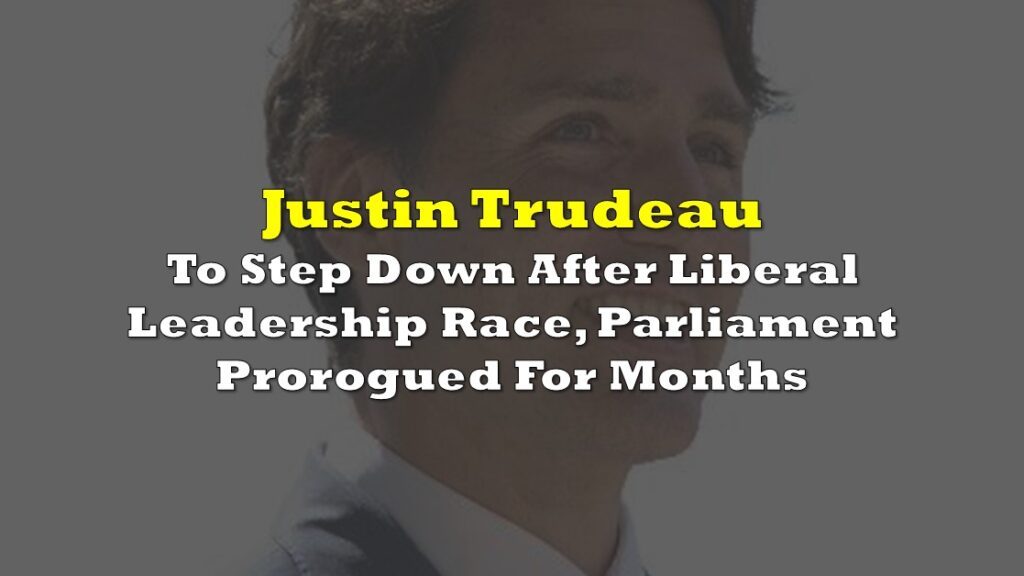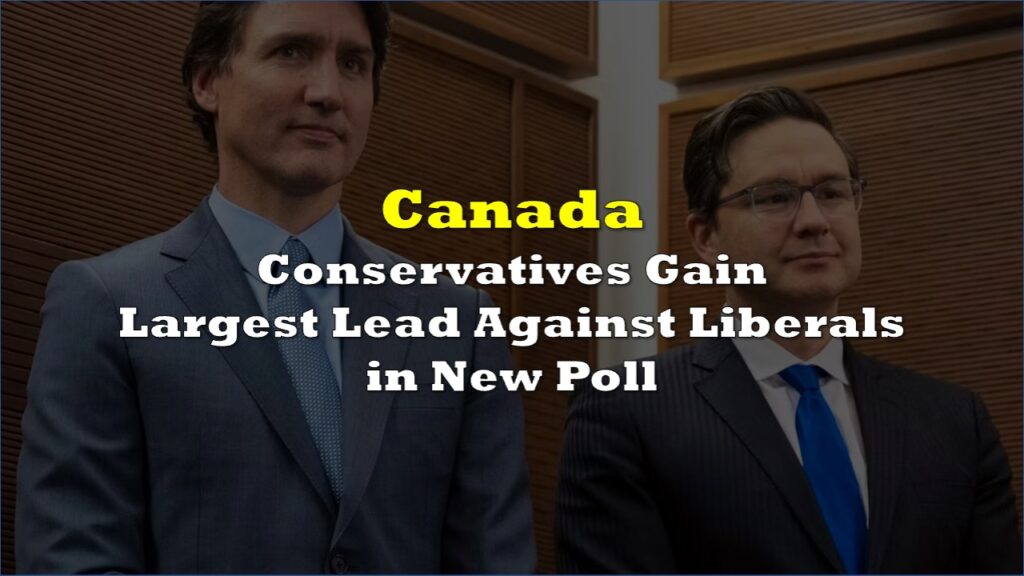Prime Minister Justin Trudeau’s unexpected decision to step down and prorogue Parliament has thrown the future of Canada’s controversial capital gains tax proposal into disarray. While prorogation halts all legislative progress, the Canada Revenue Agency remains silent on how it will handle taxes already collected under the proposed changes, leaving businesses, investors, and taxpayers in limbo.
Unveiled in the 2024 federal budget, the capital gains tax proposal aimed to increase the taxable portion of capital gains from 50% to 66.67% for individuals earning over $250,000 annually. The government anticipated the measure would generate $19.3 billion in revenue over five years. However, resistance from the business community and political gridlock delayed its implementation.
The proposal’s path to becoming law was further complicated by parliamentary dysfunction. A notice of ways and means motion allowed the CRA to begin applying the proposed tax changes on gains realized after June 25, 2024, but no legislation followed. Parliament’s recent prorogation clears the legislative slate, meaning the motion must be reintroduced when the House of Commons reconvenes.
Really fascinating implication of today's Prorogation for the previously anticipated change in capital gains taxes.
— Trevor Tombe (@trevortombe) January 6, 2025
The CFIB's request here seems entirely reasonable. Policy uncertainty is a drag on investment. https://t.co/qnjsPtkx3P
Proroguing Parliament resets all pending legislative business, effectively terminating the capital gains proposal. For taxpayers and accountants, the uncertainty is palpable. Jamie Golombek, managing director of tax and estate planning at CIBC Private Wealth, explained the dilemma.
“People are now going to be in a position to file a 2024 tax return, and they don’t know what to do because we don’t have legislation that has been passed by Parliament,” Golombek told The Canadian Press. He advised taxpayers to prepare for the higher tax rate, reasoning that refunds would be issued if the legislation fails to pass.
The Canadian Federation of Independent Business has called on the CRA to revert to the previous 50% inclusion rate. CFIB President Dan Kelly highlighted the policy uncertainty as a significant barrier to investment, urging political parties to clarify their positions ahead of the expected 2025 election.
“Canadians and Canadian business owners need and deserve as much clarity and confidence as possible at this challenging time,” Kelly posted on X.
Tech industry leaders have also voiced strong opposition. Harley Finkelstein, president of Shopify Inc. (NYSE: SHOP), criticized the proposal’s potential impact on innovation. “What. Are. We. Doing?!?” Finkelstein posted on X in April. “This is not a wealth tax, it’s a tax on innovation and risk-taking. Our policy failures are America’s gains.”
The Council of Canadian Innovators, representing over 150 CEOs of high-growth companies, has long argued that the proposal would hinder Canada’s competitiveness. “If it becomes less attractive to raise risky capital in Canada, that money is going to flow elsewhere, and talent will follow,” said CCI President Benjamin Bergen.
Critics argue that the capital gains tax hike would discourage entrepreneurship and investment, particularly in the tech sector. Many startups compensate employees with stock options, making the tax change especially burdensome. Kim Furlong, CEO of the Canadian Venture Capital and Private Equity Association, warned in April that the measure would “significantly dampen Canada’s entrepreneurial spirit.”
The CRA’s silence on whether it will continue collecting taxes under the proposal adds to the uncertainty. Taxpayers who overpay could face delays in refunds, while those who underpay risk interest penalties if the legislation is later reinstated.
Parliament is set to reconvene on March 24, but the prorogation increases the likelihood of a non-confidence vote and potential election. With the Conservative Party opposing the capital gains hike, the proposal’s future depends on the outcome of the next election.
For now, the CRA has not provided guidance, leaving Canadians and their accountants in uncharted territory. The lack of clarity underscores the need for legislative stability to support investment and economic growth. As Bergen noted, “This change is now dead unless it’s brought forward again by whoever replaces Trudeau as leader.”
Information for this briefing was found via Financial Post and the sources mentioned. The author has no securities or affiliations related to this organization. Not a recommendation to buy or sell. Always do additional research and consult a professional before purchasing a security. The author holds no licenses.










One Response
One of a MANY FAILURES from this wretched, incompetent, corrupt and woke government.